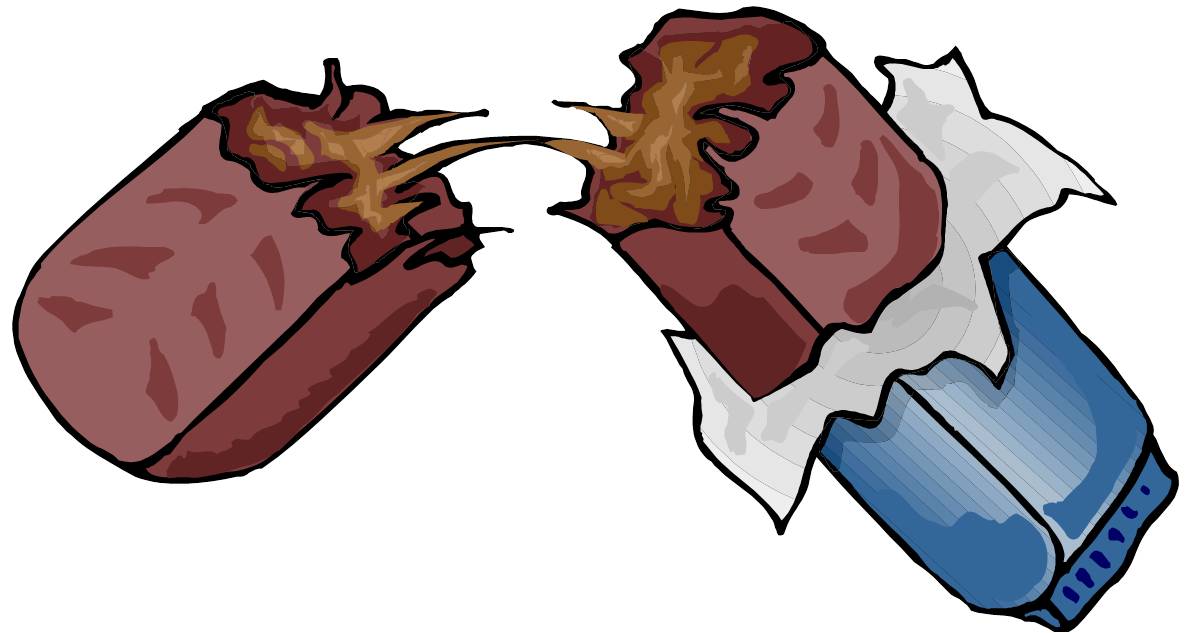Strong endings are even more important than strong beginnings. Does that statement sound crazy to you? Especially since we’re constantly told that we need to grab readers in the first paragraph or two of the book in order to turn browsers into buyers?
I’m not saying that you shouldn’t write and polish your book’s opening so that it gleams with captivating rays of temptation. You should, of course. But your ending needs to be at least as powerful, satisfying, and memorable as that beginning, or else your readers’ lasting impression – which turns into word of mouth – will result in a loss of future book sales.
Think about it – there’s a big difference in your enthusiasm when you say:
“The book started off well, but it kinda fizzled and left me hanging at the end. It seemed like the author lost interest and just ended it.”
As opposed to when you say:
“Well the book started off a little slow, but it picked up quickly and ended up being really good.”
You KNOW the disappointment a book makes you feel in the first scenario above. No one will interpret that first statement as a recommendation. It’s the last impression that leaves a lasting impression of the author.
On the other hand, the second statement is usually said with a positive tone and enthusiasm, and the listener’s eyebrows usually perk up as they make a mental note of the title. (Though ultimately you’d want to rev up that slower start.)
Scientific studies have backed up the importance of a last impression. One study was done with kids on Halloween: one large group of kids was given a single full-sized candy bar only, while the second group of kids was given the same full-sized candy bar followed by a piece of bubble gum.
You’d think getting two pieces of candy would make kids happier, but it didn’t – surprisingly, the kids in the first group were more enthusiastic about their candy bar than those whose final impression was of a piece of bubble gum, even though it followed the same candy bar. That speaks volumes.
Other similar studies were done with adults, including a medical study involving patients getting colonoscopies. The patients whose exam lasted longer but had less pain and discomfort in the final extended minutes of the exam were more likely to return for a follow-up than those whose exam was shorter but ended during a period of discomfort.
And so it should be with your book. Leave your readers contented, enthusiastic, and with the satisfaction of getting a full-sized candy bar.